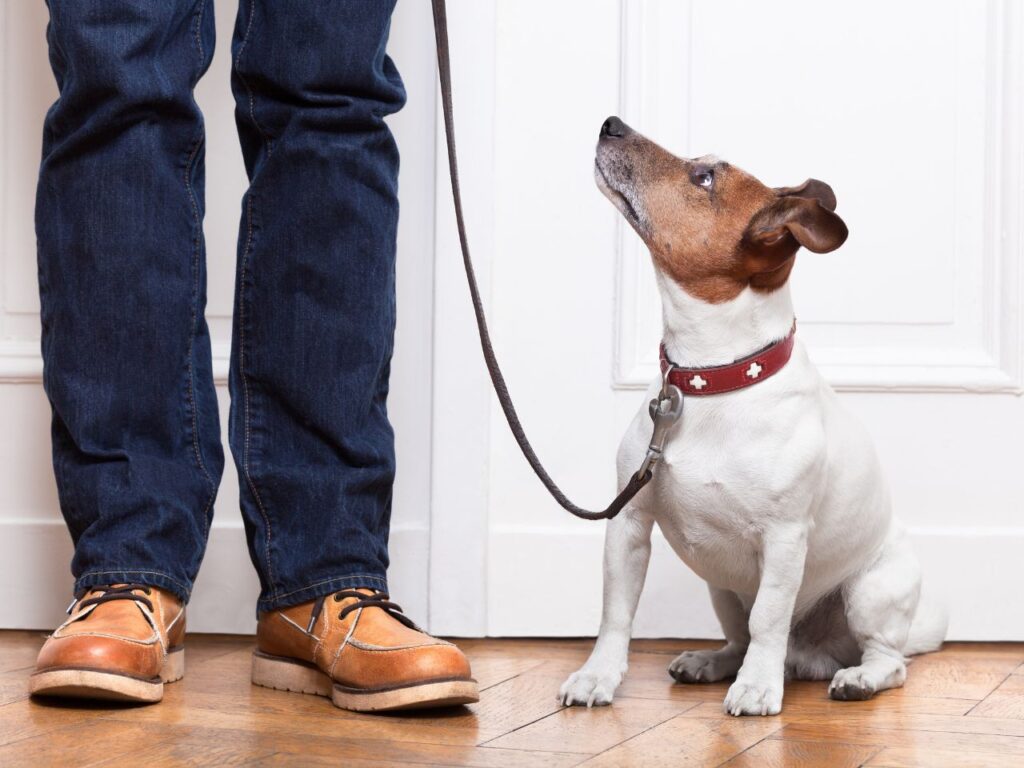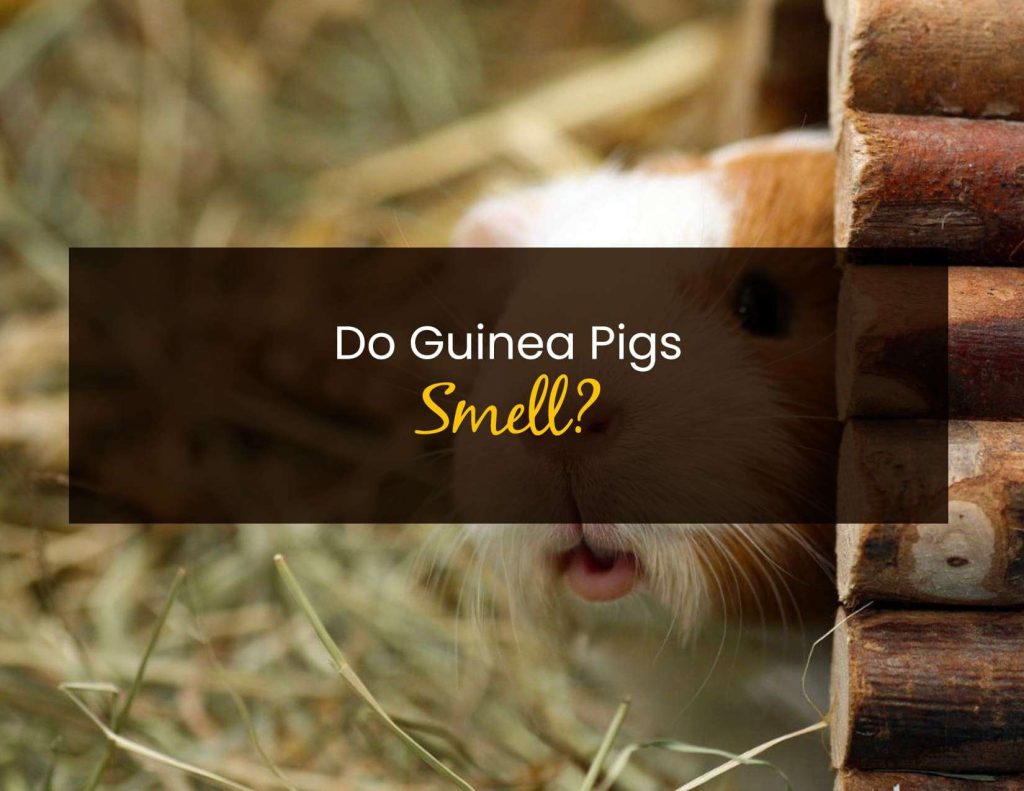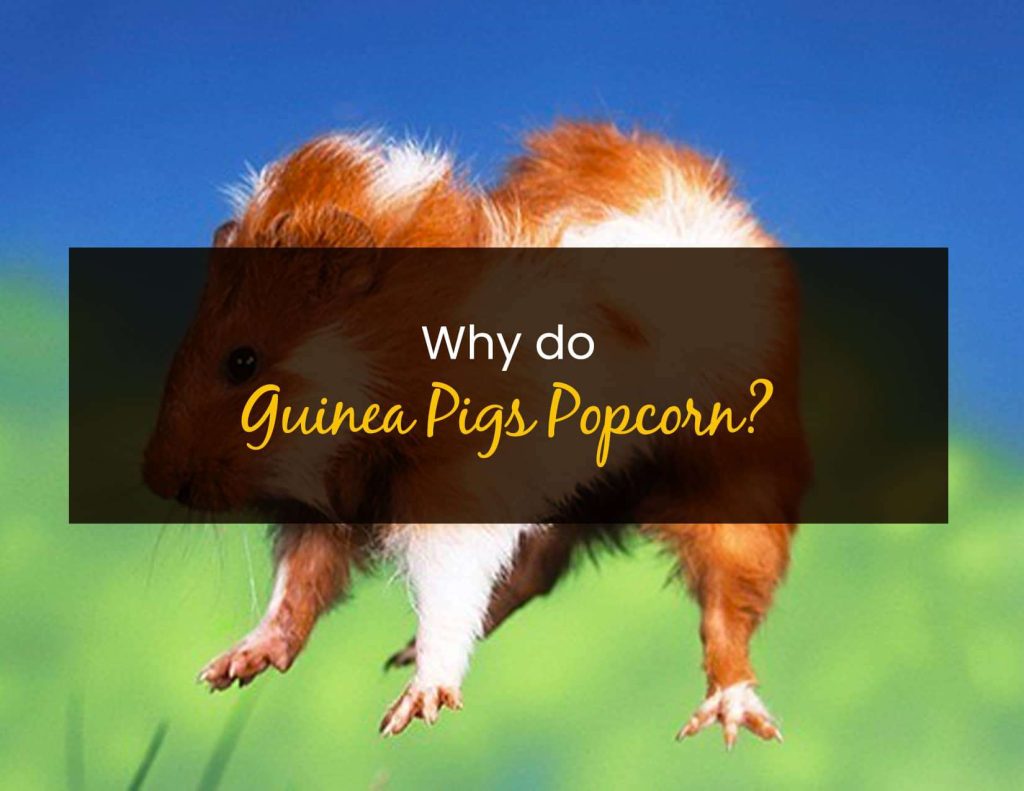Jackweilers are a delightfully intelligent and robust new hybrid dog. This new canine mix breed is gaining popularity amongst designer breeders because of its loyal, alert, confident, and courageous temperament.A Jackweiler is a crossbreed dog created by crossing the Rottweiler and the Jack Russell Terrier. Because the Jackweiler is a new hybrid breed of canine, its history is limited. The parent breeds, however, have a rich history dating back to the mid-1800s.To learn more about what a Jackweiler is, what breed traits it possesses, and some of its characteristics continue reading below.
All About The Jackweiler Dog Breed
Because the Jackweiler is a first-generation hybrid breed, there is limited history on its characteristics. When two different breeds of purebred dogs are crossed together, different characteristics from each breed (appearance, temperament, and abilities) can be passed down and inherited by the new hybrid dog.In order to get a full understanding of all of the possible traits that one might expect to see in a Jackweiler dog, we have to take a look at the parent breeds.
The Rottweiler Side Of The Jackweiler Genetics
- History
Rottweilers are thought to be one of the oldest dog breeds dating back to Roman times. It is believed that Rottweilers are descendants of drover dogs which herded cattle as the Roman Empire’s army marched across Europe.In the 1800s Rottweilers began to be used as police dogs and personal protectors.In 1901 the first German breed standard for the Rottweiler was created.
- Size (Height & Weight)
22-27 inches in height80-135 pounds
- Color
Black with rust to mahogany markings. Spots over each eye and on the cheeks with a strip around each side of the muzzle. Gray, tan, or black undercoat.
- Coat
Straight, coarse, dense, and lies flat. The Rottweiler’s short smooth coat requires minimum grooming and its coat sheds moderately.
- Temperament
Rottweilers are very affectionate, loyal, and loving with family. They are good guardian dogs and can be good with children and other dogs with supervision. Vigilantly protective, yet playful by nature these dogs require a job or activity.
- Trainability
Highly intelligent and eager to please.
- Barking Level
Minimal barking unless alerted.
The Jack Russel Terrier Side Of The Jackweiler Genetics
- History
The Jack Russel originates from the fox-working dogs of Rev. John “The Sporting Parson” Russell of the mid-1800s. These swift working dogs were bred for the sole purpose of hunting.Despite some conformation changes within the show ring circles, the Jack Russel Terrier has maintained its working characteristics, mainly due to dedicated terrier enthusiasts who have worked to preserve the breed in England for more than 100 years.
- Size (Height & Weight)
10-12 inches in height9-15 pounds
- Color
Primarily white, though some may have tan or black markings. The tan can vary from lemon to mahogany with some ticking. The breed standard calls for Jack Russell Terriers to be at least 51% white.
- Coat
Jack Russell Terriers have a waterproof coat with an under and outer coat. The outer coat is smooth, wiry, and can be rough or broken.
- Temperament
Like the Rottweiler parent, Jack Russell Terriers are also extremely affectionate and loving with their family. You can certainly expect this characteristic to shine through in the Jackweiler breed.Jack Russell Terriers are very good with other dogs and can also be good with children under supervision.They also make excellent watchdogs, and like their Rottweiler counterpart, they are still very playful and friendly. Because these traits are common in both Rottweilers and Jack Russel Terriers you can expect Jackweilers to be affectionate, playful, and vigilant watchdogs.
- Trainability
While still trainable, Jack Russell Terriers are not as easily trained as Rottweilers. They are also extremely high-energy and need a lot of activity.
- Barking Level
Very vocal, much more so than Rottweilers.It’s traits like these where one parent breed (Jack Russell Terrier) shows a distinct characteristic (lots of barking), and the other parent breed (Rottweiler) shows the opposite (minimal barking), that makes it difficult to predict which trait will be inherited by the Jackweiler.
The Jackweiler Dog’s Characteristics
Jackweilers can range from 13 to 27 inches tall and can grow up to 115 pounds. They can be white or black with tan, rust, or mahogany markings. They have a short straight coat that requires weekly brushing.The temperament of the Jackweiler can be difficult to predict as it may take on more personality traits from one parent breed than the other. Read the parent breed descriptions above for all the possibilities that might be passed down to your Jackweiler.There are some characteristics that the Jack Russell Terrier and Rottweiler do have in common These shared traits are very likely to pass down and be inherited by the Jackweiler.
- Loyal
- Affectionate
- Alert
- Intelligent
- Active
- Needs a job or activity
- Good guard dog
- Playful
How Much Do Jackweiler Puppies Cost?
Jackweilers are gaining popularity, which may drive costs down as more designer breeders begin to implement breeding programs for Jackweiler puppies and more puppies of this breed become available. As of now, many Jackweilers come into the world as “accidents”, with few breeders breeding specifically for the Rottweiler/Jack Russel Terrier cross.If you are able to find a Jackweiler breeder you can expect a Jackweiler puppy to cost between $500 – $1,000, and sometimes more depending on the ancestry of the parent dogs.
Facts About Jackweiler Dogs

© Hepper
Jackweilers are best suited for active families who get outdoors and exercise often. This is especially true if the Jackweiler inherits more traits from the Jack Russell Terrier parent, as these breeds are very energetic and active. The Jack Russell Terrier has been bred for hundreds of years specifically for hunting and to chase down and go to the ground with foxes and other small vermin.If you live in an apartment, you’ll want to take into consideration your ability to train your Jackweiler not to bark. While the rottweiler parent breed has a tendency to keep quiet unless alerted, the Jack Russell Terrier parent is very vocal. It is likely that your Jackweiler could exhibit this excessive barking characteristic.
Training A Jackweiler Dog
The parent dogs of the Jackweiler are both highly intelligent with an aptitude for training. Rottweilers are especially able and eager to learn, no doubt the reason for their police-dog status and rich history of working alongside humans.Jack Russell Terriers can be slightly aloof when it comes time to train them, but this trait is muted in the Jackweiler hybrid. You should begin training your Jackweiler as a puppy with early socialization with both animals and other people. Consistency and repetition are key, along with positive reinforcement with treats and petting.
Health, Care and Feeding A Jackweiler Dog
Jackweilers are very robust dogs, typically very healthy, with life spans of up to 14 years old. Because dogs are carnivores it is important to feed them a high-protein diet that consists predominantly of meat. It is better for a Jackweiler’s health if you avoid feeding dog food that contains a lot of grain products. A Jackweiler puppy should receive at least 24% to 28% protein while they are still growing and developing, while an adult Jackweiler should be fed between 22% to 26% protein.
Jackweiler Health Issues
Unfortunately, traits such as personality and affection are not the only inherited traits. Health problems can also be passed down from parent dogs. There are a few health issues that Jack Russell Terriers and Rottweilers can suffer from. Jackweiler owners will want to keep an eye out for these health problems and have a veterinarian check for these common ailments.Jack Russell Terrier
- Patellar Luxation
- Deafness
- Ichthyosis
- Legg-Calve-Perthes Disease
Rottweiler
- Hip Dysplasia
- Osteochondrosis of the Ankle/Spine
- Entropion
- Sub-Aortic Stenosis
- Elbow Dysplasia
- Osteochondrosis of the Shoulder










